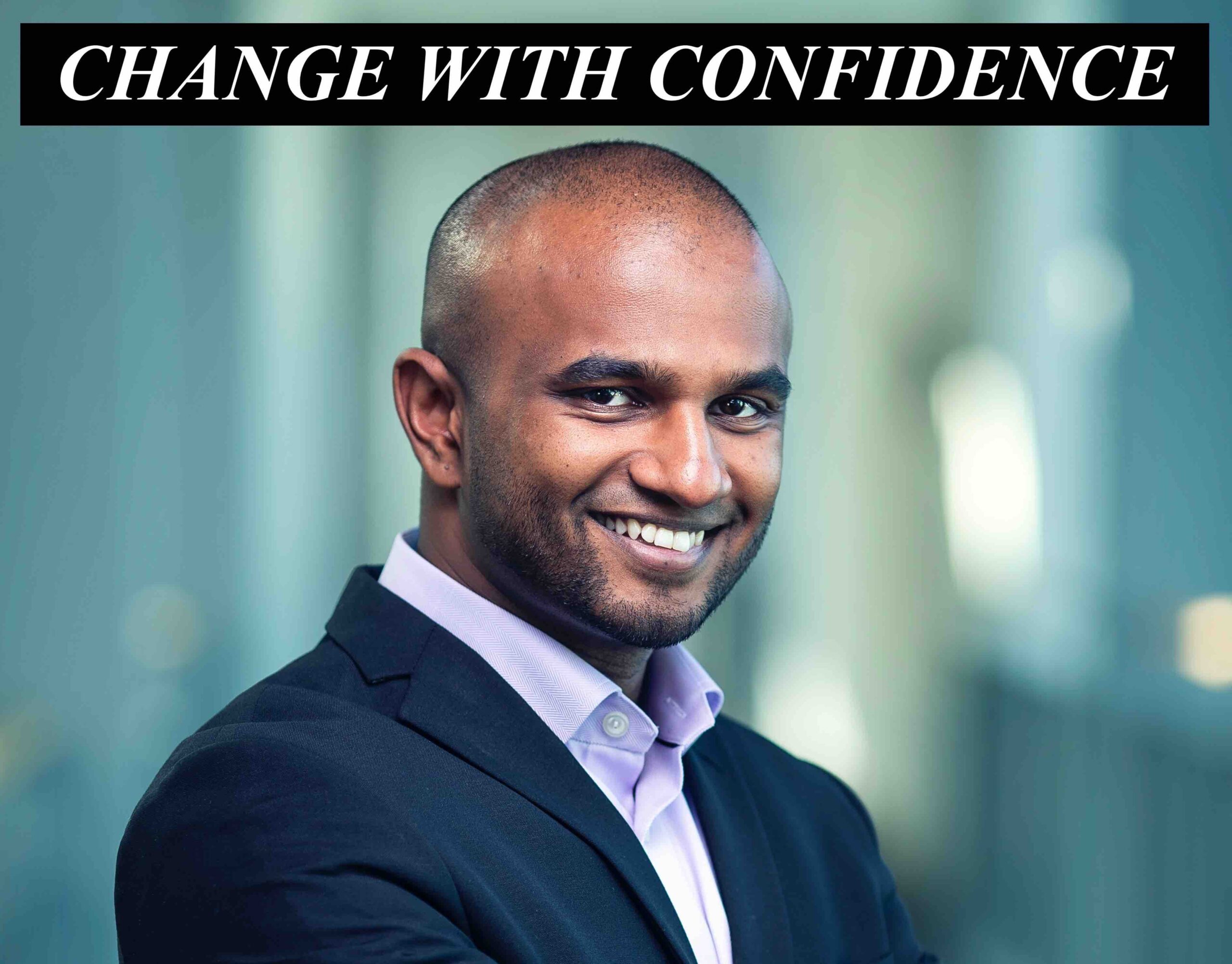Eight years ago a businessman flew from Canada to the Netherlands to a attend an international conference for Shell Oil. Actually, he was doing more than merely attending the conference. He was the opening speaker and it was the opportunity of a lifetime.
After a twelve hour journey, he landed in Amsterdam. He cleared customs and was met by his chauffeur who held up a sign that displayed the speaker’s name. Immediately, they departed for the final destination, Rotterdam. After an hour’s drive through the Dutch countryside, they arrived at the hotel. But the weary traveler was surprised to see the location. The hotel was in the Rotterdam harbour and turned out to be a cruise ship that had been converted into a luxury hotel. That was the first of many surprises.
After checking in, he opened the door to his room to find a bottle of champagne, Dutch chocolates and a fruit basket waiting for him. Curious to see the rest of the suite, he looked for the bathroom. But something strange caught his eye as he stepped into the bathroom. There was a small step in the doorway, no bigger than an inch. He wondered about the tiny step and thought to himself that it looked like an accident waiting to happen. Being worn out from my journey, he made a mental note to be careful and then promptly put it out of his mind. He sent the alarm and went to bed.
The next morning the alarm screamed its wakeup call at 7 am. He was slated to speak three hours from then, so he dragged himself out of bed, feeling the full weight of jetlag as his feet touched the floor. The room was still dark, so he groped his way to the bathroom door. As he stepped in and flicked on the light, he tripped over that one-inch step. Without warning, he fell forward and slammed his head against the wall. He heard his neck crack and landed in a heap on the floor.
The fall stunned him as he lay with his head jammed between the toilet and shower. Fortunately he hadn’t hurt himself because he felt no pain. Worried though by the sound of his neck cracking, he made a move to get up. But nothing happened. He couldn’t move his arms. Strange! He tried to move his legs only to find the same thing. That’s when the reality hit him. He couldn’t get up because he was paralyzed. He felt no pain and had no feeling in my arms and legs because in the blink of an eye, he had become quadriplegic.
For the next 3-1/2 hours, he lay on the bathroom floor completely helpless. When he didn’t show up to speak at the event, the conference organizer and the hotel manager went to his hotel room and found the speaker lying on the floor.
The paramedics arrived shortly afterward and transported him to the Erasmus Hospital. After an MRI, the emergency room doctor delivered the news to the patient. “Your neck is not broken, but you have a serious spinal cord injury. The paralysis is most likely temporary. You will probably regain feeling in your arms and legs, but there is extensive nerve damage. Nerve regeneration is very slow and uncertain. You may regain 100% functionality, but more likely 90% or even 50%. You will have to go through physiotherapy to learn to walk again.”
This story of the businessman who tripped walking through the bathroom door was me.
Gradually over the next two days, feeling returned to my right arm, but my left arm lay limp at my side. Slowly over the weeks that followed, I regained feeling and mobility as I learned how to walk again. Today, after eight years since the accident, I have recovered 85% of my mobility. Although I was graceful that I wasn’t paralysed, I wanted to go back to the way I was before the accident. But that’s not the way change works. We can never go back to the way things were. We have to learn how to change.
Sometimes I tell this story during my keynotes. Often the first question people ask is: “Did you sue the hotel?” No, I did not. The second question people ask is: “What’s the secret to change during disruption?
To answer this question, think back to a disruptive change in your life. With that example in your mind, try to remember how you reacted to the disruption: confusion, panic or even paralysis? These reactions and more are all linked to fear of the unknown. In fact, our lives are filled with many unknown unknows. It’s very difficult to adapt to change when we are fearful of the unknown.
In the days following the accident, my biggest challenge was embracing the unknown as a disabled person. For you, it might be returning to work, the sudden illness of a loved one or an office reorganization. Regardless of the disruption, each challenge requires that we learn how to change.
In my work with top leaders around the world, I’ve seen that the most success leaders do one thing better than everyone else. They know how to change. I call this Empowered Change.
The strategy of Empowered Change teaches how to address the fear of the unknown in order to navigate through change with confidence. We gain confidence when we begin to explore and understand the unknown. This process of change happens in a series of predicable stages, called the Stages of Change. Because these stages are predictable, we learn what we need to know and the skills we need to practice in order to navigate through change. This knowledge and these abilities create Empowered Change.
What if you could face the unknown with confidence?
What if you could learn to how to change quickly to each disruption in your life?
I’d love to talk with you and your leaders about the challenges and opportunities of Empowered Change.
For more information on adapting to change, check out Mark DeVolder’s new book Perpetual Pivot: How the Best Leaders Adapt to Exponential Change. He provides valuable insights, answers and solutions about change, transition, leadership, engagement and teamwork. https://www.amazon.com/dp/1777386438




